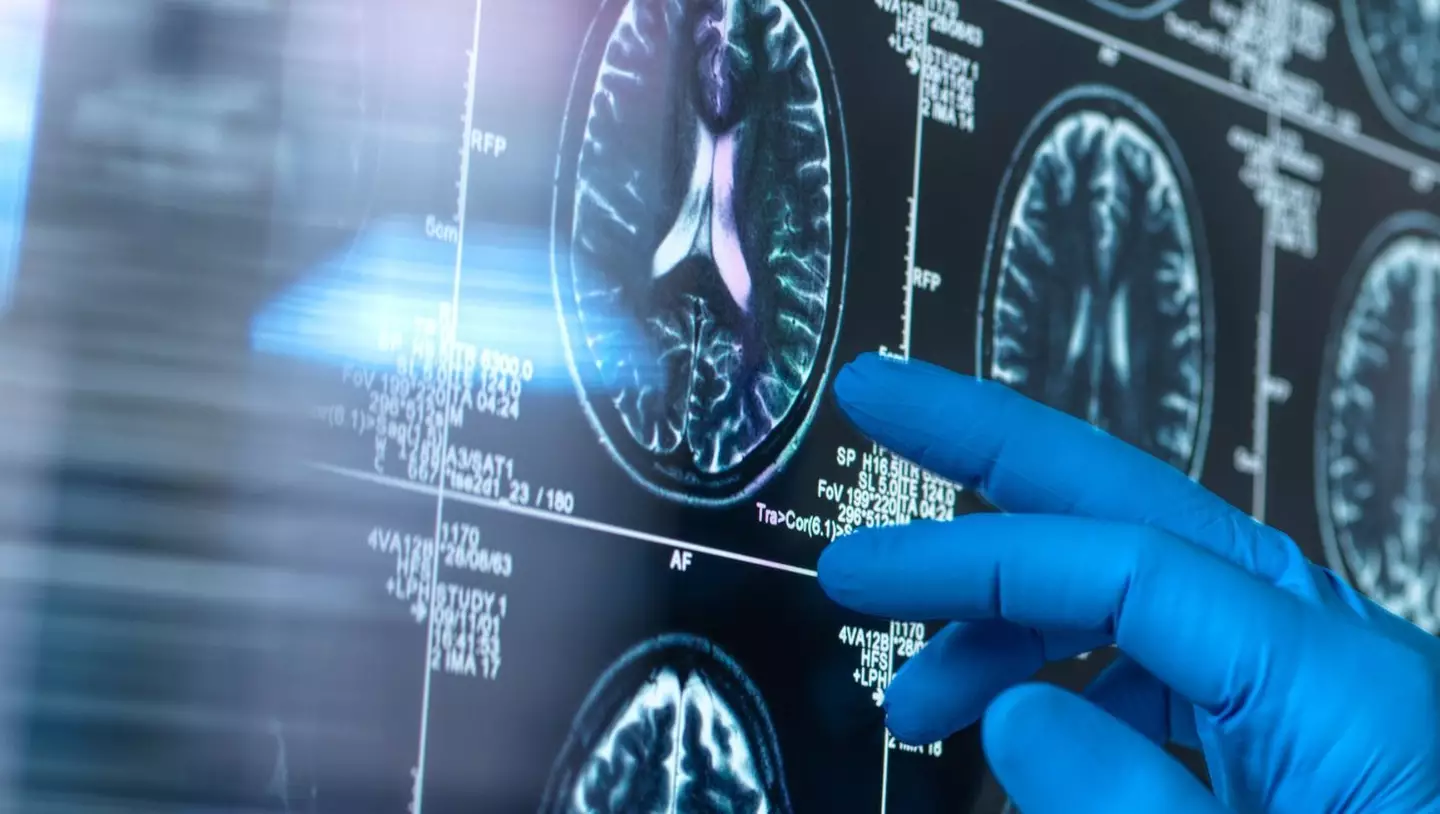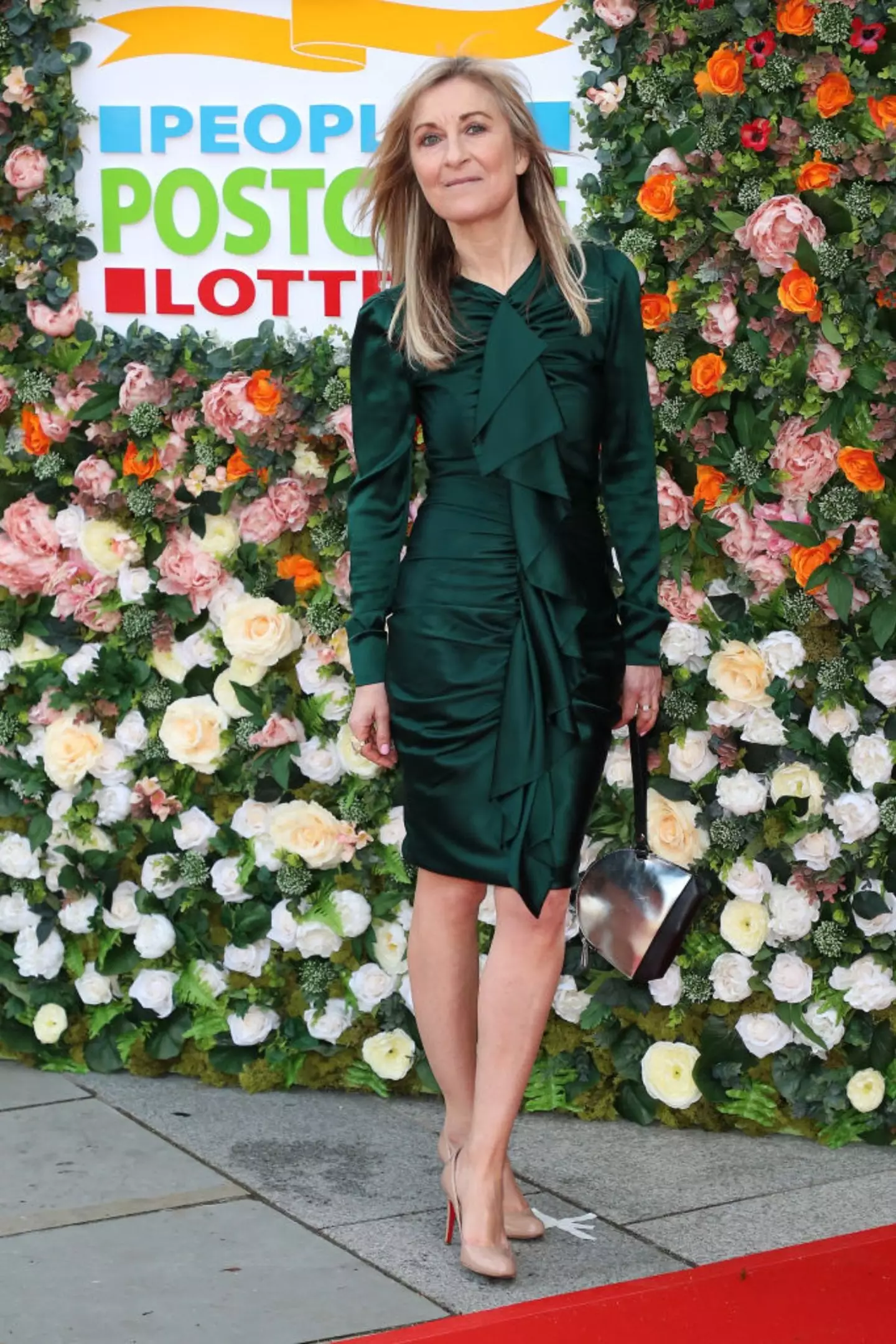A neurology expert has made a case for why she believes women are more likely to be diagnosed with Alzheimer’s disease than men.
The hypothesis comes after a British broadcaster revealed what symptoms she was suffering from that led to her own early-onset dementia diagnosis.
Earlier this year, Nature published a study confirming that almost two-thirds of people with Alzheimer’s disease are women – and researchers are trying to pinpoint why.
“Epidemiologically, we see that for almost all neurological diseases, there are differences in how many biological women and men are affected,” Anna Bonkhoff, resident and research fellow in neurology at Harvard Medical School and Mass General Brigham, explained.
“There’s a tendency, for example, in [multiple sclerosis] and migraine for more females to be affected, while it’s the contrary for brain tumors and Parkinson’s.”

A neurological scientist has explained why she thinks women are more likely to be diagnosed with dementia than men (Getty Stock Image)
“Just based on these numbers, you get the feeling that something needs to underlie these differences in terms of the biology,” she added.
Last September, a study titled ‘Role of the X Chromosome in Alzheimer’s Disease Genetics’ was published in the JAMA Neurology journal.
Scientists working on the paper discovered that the X chromosome, which biological women have two of, is likely to ‘play a role in Alzheimer’s disease sex differences’, citing that ‘further investigation’ was needed to confirm findings further.
Regarding this study, Bonkhoff said: “A lot of genes for the immune system and regulating brain structure are located on the X chromosome, so the dosages differ to certain degrees between men and women. That seems to have an effect.”
However, the expert believes that when it comes to nailing down why women are more likely to suffer from dementia than men, menopause could also be ‘part of the puzzle’.
The menopause typically occurs in biological women between the ages of 45 and 55, with the average age in the US being 52, as per the Cleveland Clinic.
And while Bonkhoff is interested in how menopause can impact the likelihood of an Alzheimer’s disease diagnosis, she agrees it isn’t the ‘only factor’.
“Aging is relevant by itself,” she added. “And there’s a lot of interesting research looking at what aging does to the immune system that seems to have implications for cognitive changes.”

Fiona Phillips’ new memoir details early symptoms that led to her Alzheimer’s disease diagnosis (Neil Mockford/GC Images)
Early-onset Alzheimer’s disease is a form of dementia that affects individuals under the age of 65. In 2022, British TV presenter Fiona Phillips was informed of her diagnosis, going public with it a year later.
In excerpts from her new book, Remember When: My Life With Alzheimer’s, the broadcaster revealed what subtle symptoms she was suffering from before being officially diagnosed with the brain disorder.
These included hourly anxiety attacks, brain fog and mood swings.
“The simplest thing, like going to the bank to ask about my account, would send me into a total panic, and there were mood swings too, which meant even I was finding my behaviour unpredictable,” she wrote.
“And yet, despite not wanting to be like that, I couldn’t do anything about it. I felt I’d lost control over my life.”
Initially, Phillips chalked these symptoms down to going through the menopause after hearing how other famous faces like Gabby Logan and Davina McCall were feeling.
However, after completing some simple tasks with a doctor and undergoing both an MRI scan and lumbar puncture, the star was diagnosed with Alzheimer’s disease at the age of 61.
The mother-of-two and her husband Martin Frizell admitted they were ‘shell-shocked’ by the diagnosis, but vowed to continue living life as ‘normally as possible’.